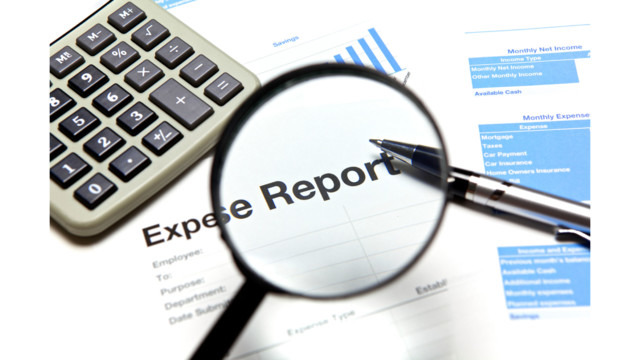As vaccination levels increase and pandemic risks begin to subside, some companies and employees are returning to the office. Meanwhile, others are choosing to continue working remotely. For many, the option is an in-between, a hybrid work model combining on-site and remote work arrangements.
Regardless of location, it’s clear that the present and future of work is inextricably digital-first, as professionals leverage technology to conduct business from anywhere in the world. This transition has significant implications for accounting professionals who will need to rethink how they collect, store, analyze, and report time and expense data. This is as much a challenge as it is an opportunity.
By optimizing mobile capacity, integrating readily available technologies like OCR & GPS, and creating dynamic leave management solutions, accountants can harness this moment to create more detailed, accessible, usable records. For accounting departments looking to enhance their capacity for the future of hybrid work, here are three steps to get started today.
#1 Optimize Mobile Capacity
Mobile apps can be a great way to collect accounting data, especially in a decentralized environment. Unfortunately, many mobile apps are a “lite” version of their full-scale, desktop counterparts.
To empower distributed teams with time and expense access anywhere, anytime, invest in mobile capacity without gaps, allowing for easy entry, approval, and data collection processes. Whether employees are returning to the road or working remotely, optimized mobile capacity simplifies time and expense management for accountants, creating better more actionable records, regardless of worker location or technology available.
#2 Embrace New Technology
Time and expense management undoubtedly looks different in a decentralized work environment. Not only do accountants need to accommodate business travel, but remote work expenses need to be collected, categorized, and accurately reported.
New or maturing technologies can make this process easier. For example, advanced OCR can collect difficult-to-identify content from invoices, receipts, and other expense-related documentation. When paired supportive accounting software, this technology can categorize charges, create approval documentation, and match credit card transactions with invoices.
Finally, accounting departments can leverage GPS capacity for geo-fencing time capture, streamlining employee time cards and expenses using a single systems.
#3 Implement Dynamic Leave Management Solutions
While many employers feared that remote workers might misuse their time away from the office to take long lunches or indulge in a Netflix binge session, the reality couldn’t be more opposite. Instead, employees are working more hours than ever before, increasing the impetus for companies to facilitate leave management solutions that are accessible and compliant.
Unfortunately, managing multifaceted leave requirements can be incredibly complicated. Accountants can simplify this process by relying on automation to meticulously track accruals and use, including “one-off” deals that occur outside of the digital environment.
After a uniquely challenging year, companies want their employees to use their earned-time-off to refresh and recharge. To that end, accurate and transparent leave management can enhance company culture, making accounting a mission-critical department with vast implications. Dynamic leave management solutions that rely on automation can help streamline those efforts while enhancing accountants’ documentation capacity.
Closing Thought
As companies adapt to new operational environments and embrace novel workplace arrangements, accounting departments will need to augment their processes and procedures to meet the moment. By optimizing mobile capacity, embracing new technology, and implementing dynamic leave management solutions, they can streamline their efforts, adapt to today’s demands, and improve their capacity in real-time.
===========
Alan Tyson serves as the CEO of DATABASICS, a best-in-class time and expense management solutions provider recognized by leading global organizations for its deep expertise, next-gen technology, and customer-focused platform.
Thanks for reading CPA Practice Advisor!
Subscribe Already registered? Log In
Need more information? Read the FAQs




